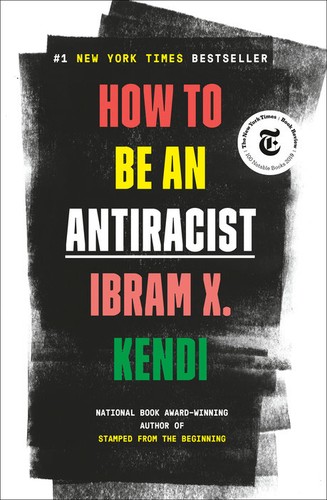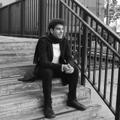Henry reviewed How to Be an Antiracist by Ibram X. Kendi
Truly Eye-Opening!
5 stars
I wanted to challenge my ideas of what tolerance really meant...and am I glad I did. Many beliefs I held, things I said, and feelings I experienced were unpacked & aggressively dismantled. If anything, this book has made me realize how long of a journey tolerance is, and how none of us are perfect. It's something I believe everyone should read as a bare minimum to tackling racism.
I wanted to challenge my ideas of what tolerance really meant...and am I glad I did. Many beliefs I held, things I said, and feelings I experienced were unpacked & aggressively dismantled. If anything, this book has made me realize how long of a journey tolerance is, and how none of us are perfect. It's something I believe everyone should read as a bare minimum to tackling racism.


